1. Chuck Barris
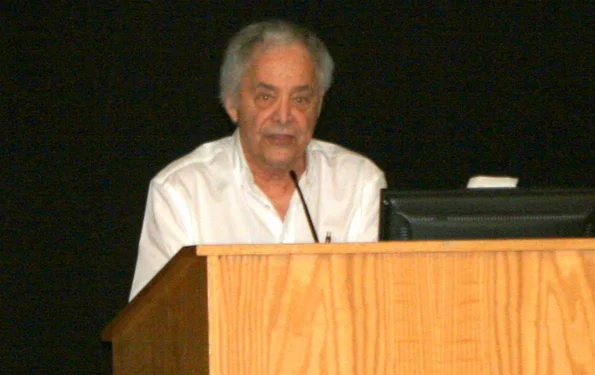
As the mastermind and host of The Gong Show, Chuck Barris turned wacky talent contests into must-see TV. His chaotic, tongue-in-cheek style made the show a hit with audiences who loved its anything-goes energy. He also produced hits like The Dating Game and The Newlywed Game.
But Barris himself faded from the screen after The Gong Show’s run ended. Later in life, he became known more for his controversial “spy” memoir than for television. Still, his offbeat humor set a new bar for what TV could get away with in the ’70s.
2. Mike Douglas
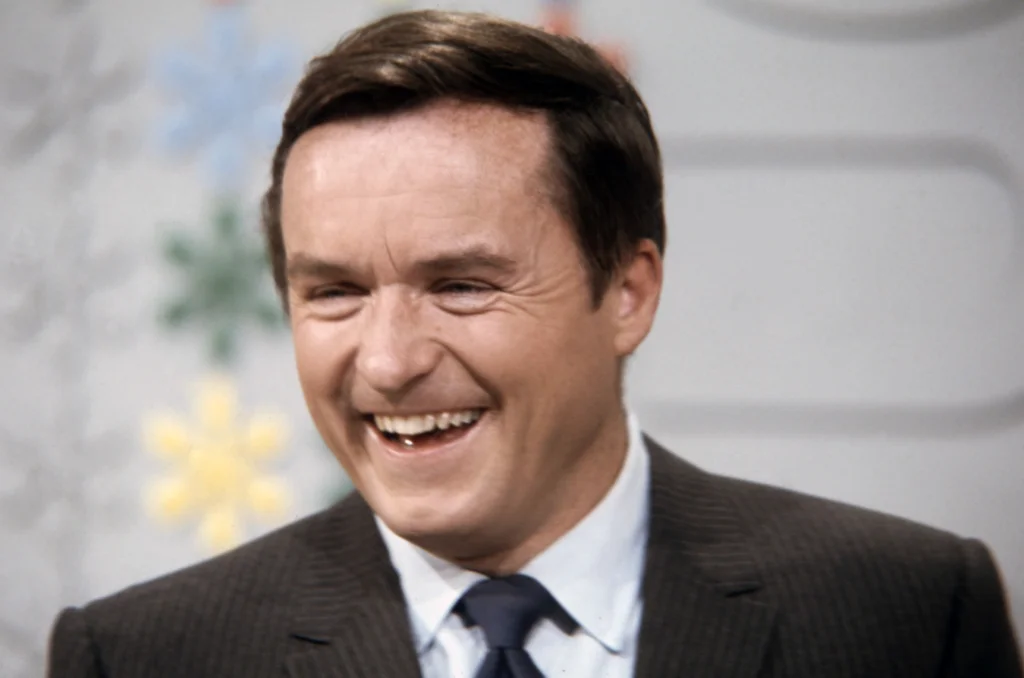
For two decades, The Mike Douglas Show brought big names and easygoing charm to daytime audiences. He was known for his relaxed interviews, where stars felt comfortable enough to share stories and even perform. His show mixed celebrity guests with everyday topics in a way that felt approachable.
Douglas stepped away from TV in the early ’80s, and newer daytime hosts soon filled the gap. While his name isn’t as often recalled today, his influence on daytime talk is undeniable. He proved that warmth and conversation could carry a program.
3. Dinah Shore
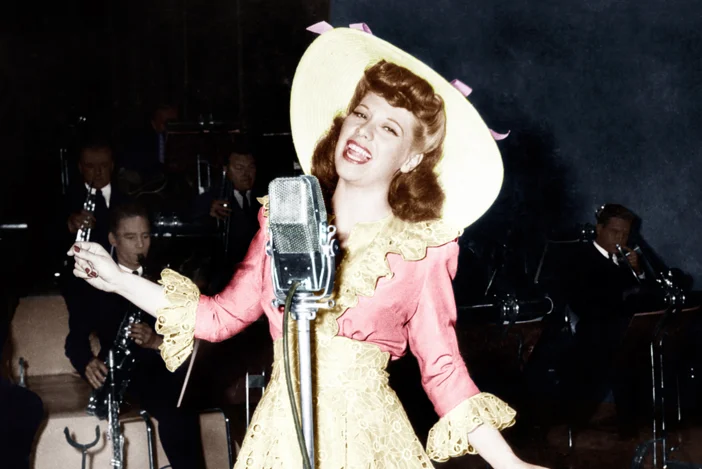
Dinah Shore was already a celebrated singer when she transitioned into television, hosting Dinah’s Place and later Dinah!. She blended celebrity interviews with music, cooking, and lifestyle content, making her show feel like a friendly visit. Her signature sign-off kiss to the audience became iconic.
By the 1980s, though, her style of variety talk show fell out of fashion. Shore retreated from the spotlight, though she remained respected for her earlier career. Today, she’s remembered as one of the first women to thrive as a daytime host.
4. Tom Snyder
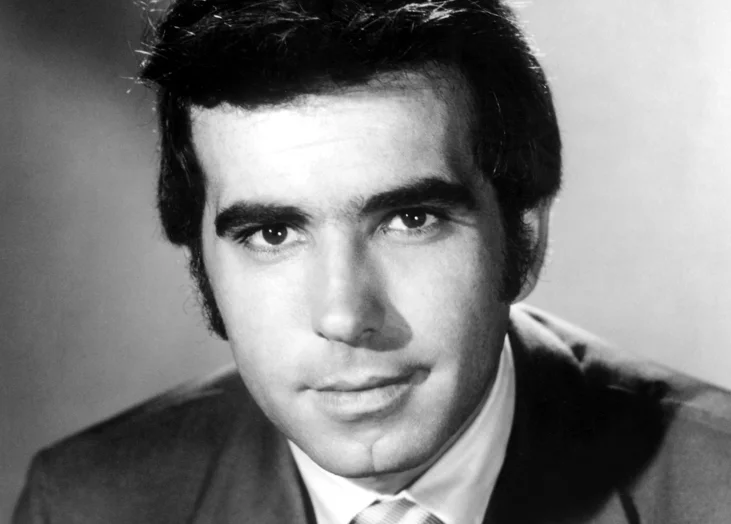
With his late-night program Tomorrow, Tom Snyder offered something completely different from Johnny Carson. His intimate, in-depth interviews often ran long into the night, featuring everyone from politicians to rock stars. His gravelly voice and cigarette in hand gave the show its unique mood.
When Tomorrow ended in 1982, Snyder shifted to radio and occasional hosting gigs but never regained the same prominence. He became a cult figure, fondly remembered by insomniacs and night owls. His one-on-one style paved the way for modern long-form interview shows.
5. Art Fleming
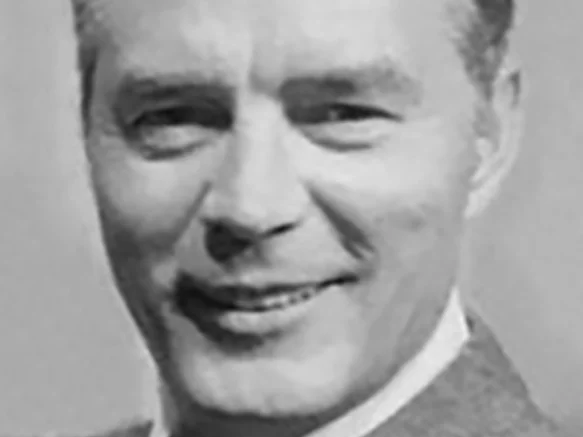
Before Alex Trebek became synonymous with Jeopardy!, Art Fleming was the original host from 1964 through the late ’70s. His authoritative yet friendly style set the tone for the quiz show’s legacy. Audiences trusted him to guide the game with fairness and wit.
When the show ended in 1979, Fleming faded from national TV. Though he later hosted a few smaller programs, he never reached Jeopardy! levels again. Today, longtime fans still credit him with shaping the show’s identity.
6. Merv Griffin
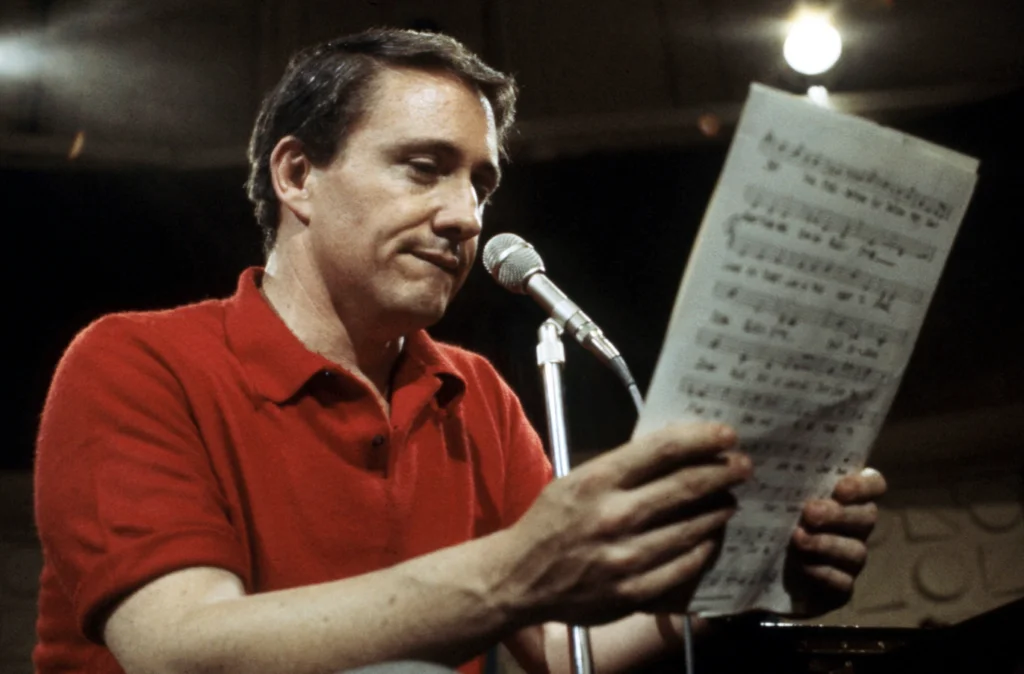
Merv Griffin carved out his niche with The Merv Griffin Show, a mix of interviews and entertainment that rivaled other big-name talk shows. He had a knack for drawing candid moments out of celebrities. Behind the scenes, he also created two of TV’s biggest game shows: Wheel of Fortune and Jeopardy!.
Though his hosting days wound down in the ’80s, Griffin stayed influential as a producer and businessman. Still, younger viewers often forget he was once a fixture on-screen. His ability to juggle showbiz and business made him a unique figure of the era.
7. Monty Hall
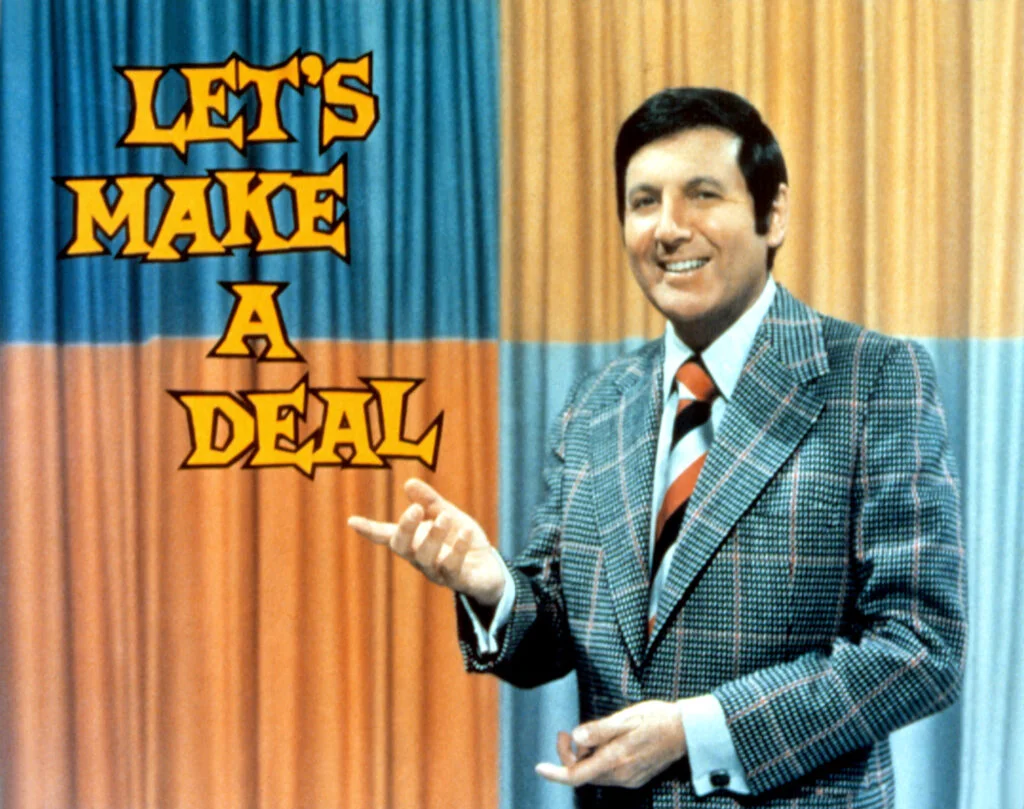
Monty Hall was the face of Let’s Make a Deal, where zany costumes and unpredictable prizes kept audiences hooked. His friendly demeanor and quick wit made him perfect for a show built on tension and surprises. Hall’s “Do you want what’s behind Door Number Three?” became a cultural catchphrase.
While he returned for revivals over the years, his peak fame was tied to the ’70s run. By the ’80s, his presence on TV waned. Still, his show lives on, cementing his legacy in game show history.
8. Soupy Sales
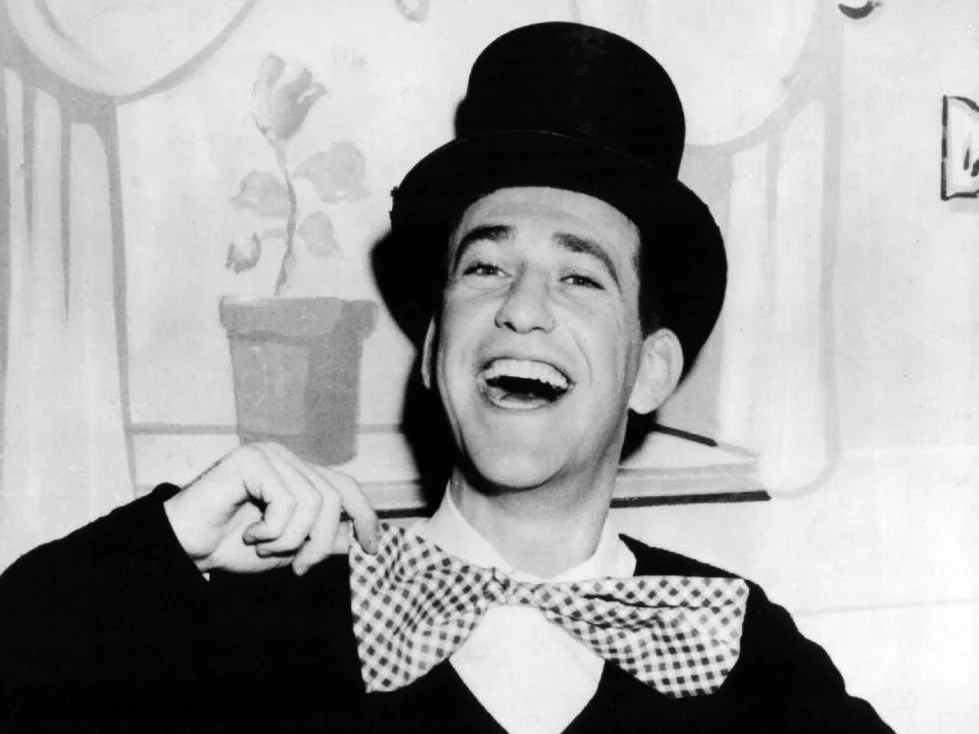
Soupy Sales was known for his wild, slapstick comedy and his children’s program that also drew adult fans. His pie-in-the-face gags and quirky humor made him a household name in the ’60s and ’70s. Kids adored his antics, while parents sometimes raised eyebrows at the innuendo.
By the mid-’70s, his popularity began to fade as tastes in kids’ programming shifted. He still appeared occasionally but never recaptured his heyday. Today, his zany approach feels like a snapshot of a different television era.
9. Richard Dawson
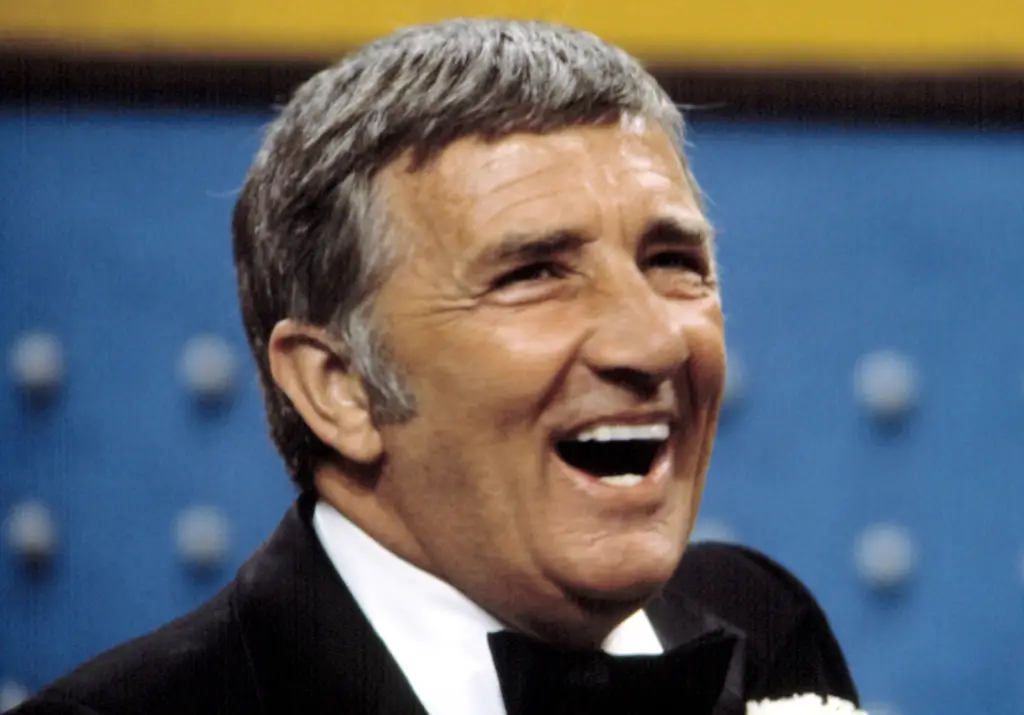
Richard Dawson first charmed audiences on Hogan’s Heroes before becoming the original host of Family Feud. His British wit and habit of kissing contestants on the cheek made him instantly recognizable. The show was a smash hit, with Dawson at the center of its appeal.
But his star dimmed after leaving the show in the mid-’80s. Later revivals of Family Feud introduced new hosts, pushing Dawson into the background of TV history. Still, he was one of the defining faces of ’70s game shows.
10. Allen Ludden
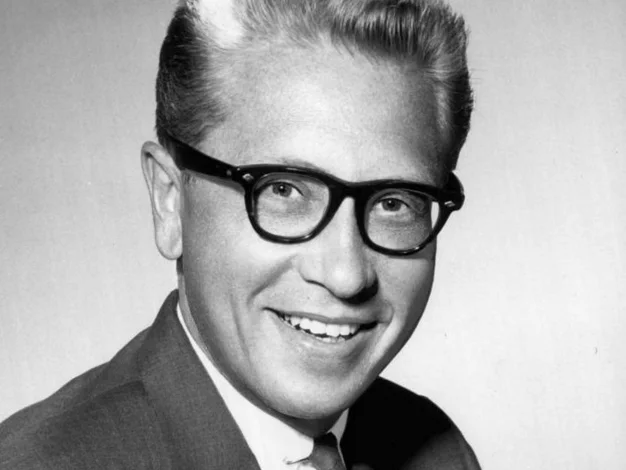
Best known as the host of Password, Allen Ludden became a household name with his gentle, friendly presence. He guided contestants and celebrity guests through wordplay with a calm authority. His marriage to actress Betty White also kept him in the public eye.
After his passing in 1981, the show lived on with new hosts, but Ludden’s version remained the most fondly remembered. Today, his name doesn’t come up as often, but fans of classic game shows still recognize his impact. His style was the epitome of understated professionalism.
11. Gene Rayburn
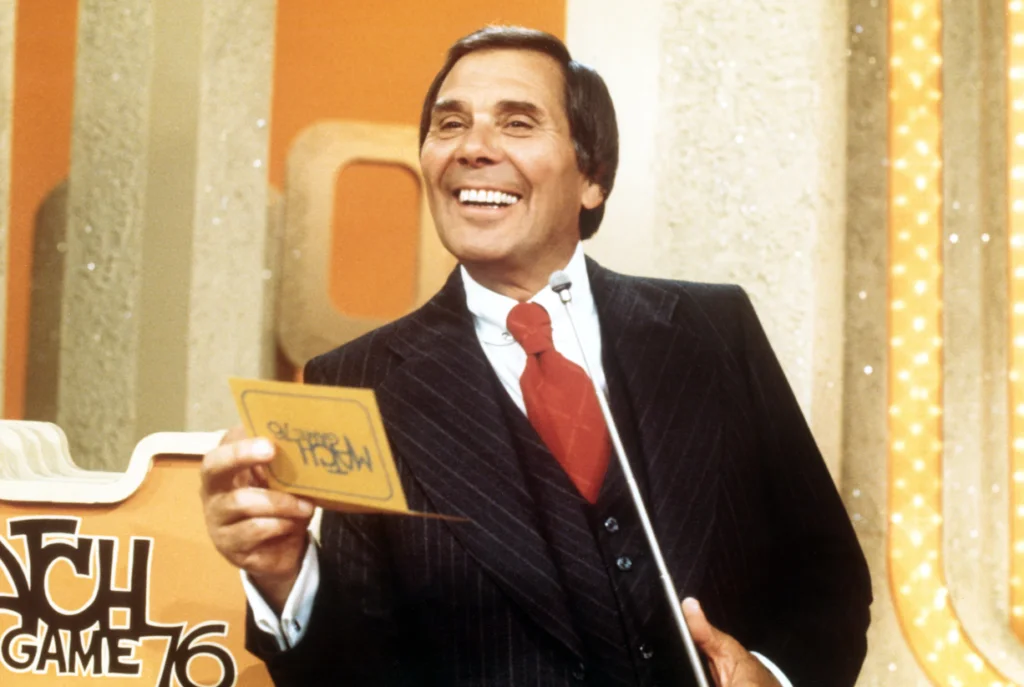
Gene Rayburn was the lively and sometimes cheeky host of Match Game, one of the most popular game shows of the 1970s. His long microphone and playful banter with celebrity panelists made the show unforgettable. It was a mix of comedy and quiz that felt just the right amount of risqué.
When the original Match Game ended in the early ’80s, Rayburn’s fame largely faded with it. He returned for revivals but never regained the same spotlight. His presence defined the original show, and without him, it was never quite the same.
12. Peter Marshall
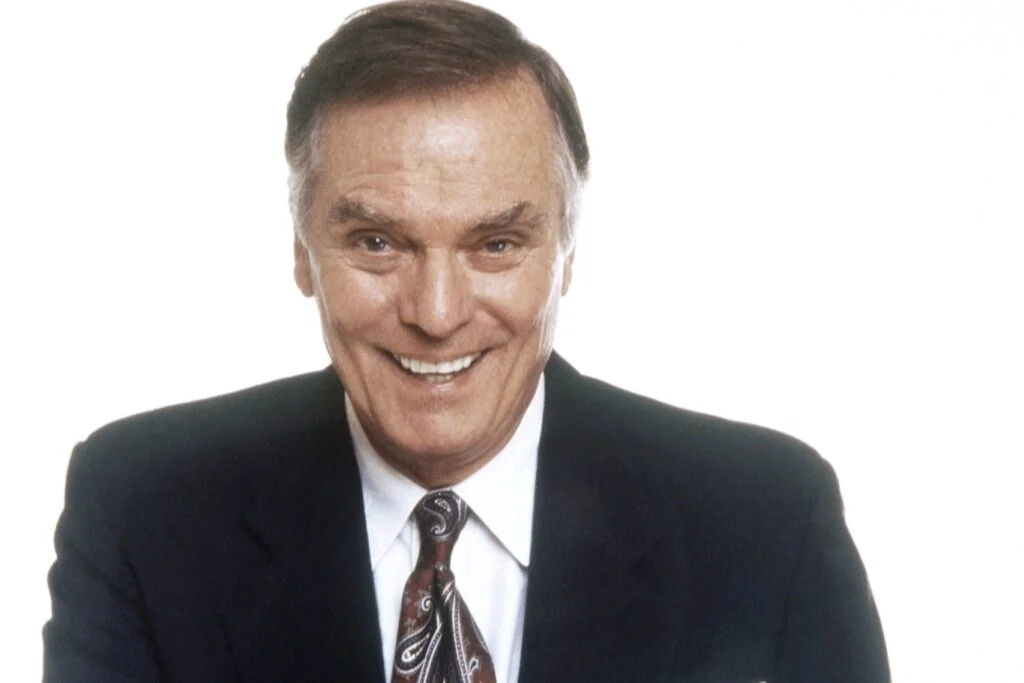
As the original host of Hollywood Squares, Peter Marshall brought humor and ease to the celebrity-filled tic-tac-toe game. His witty exchanges with stars like Paul Lynde were often the highlight of the show. For years, he was the voice of one of TV’s most fun formats.
By the early ’80s, the show ended, and Marshall slipped out of the mainstream spotlight. He continued performing on stage and in smaller projects, but his era as a TV fixture was over. Still, his work on Hollywood Squares remains iconic.
13. Garry Moore
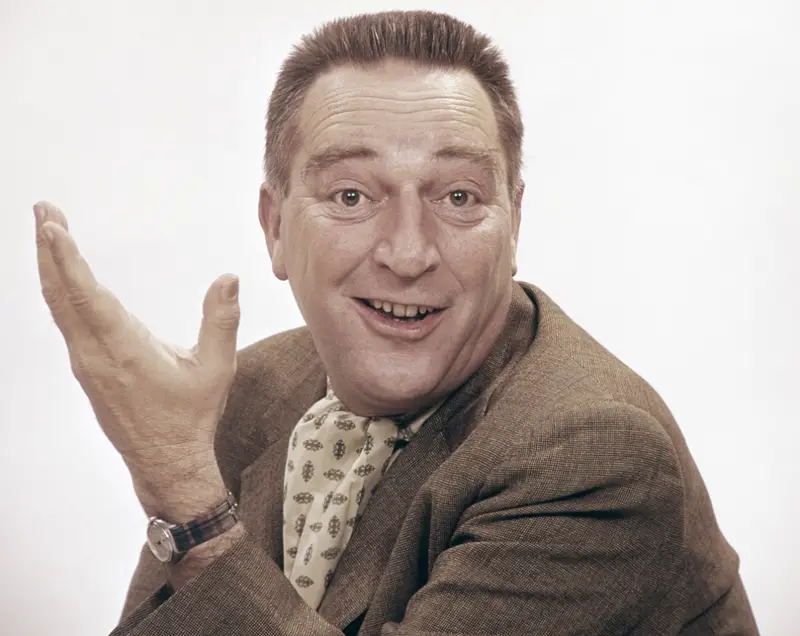
A seasoned entertainer, Garry Moore hosted To Tell the Truth and I’ve Got a Secret, bringing warmth and quick wit to the panel show format. He had been a familiar presence since the 1950s, and by the ’70s, he was still going strong. His friendly, everyman style made audiences feel at home.
But by the mid-’70s, Moore retired from television. His shows lived on with new hosts, and his name gradually faded from everyday conversation. Still, longtime viewers remember his shows as TV comfort food.
14. Bill Cullen
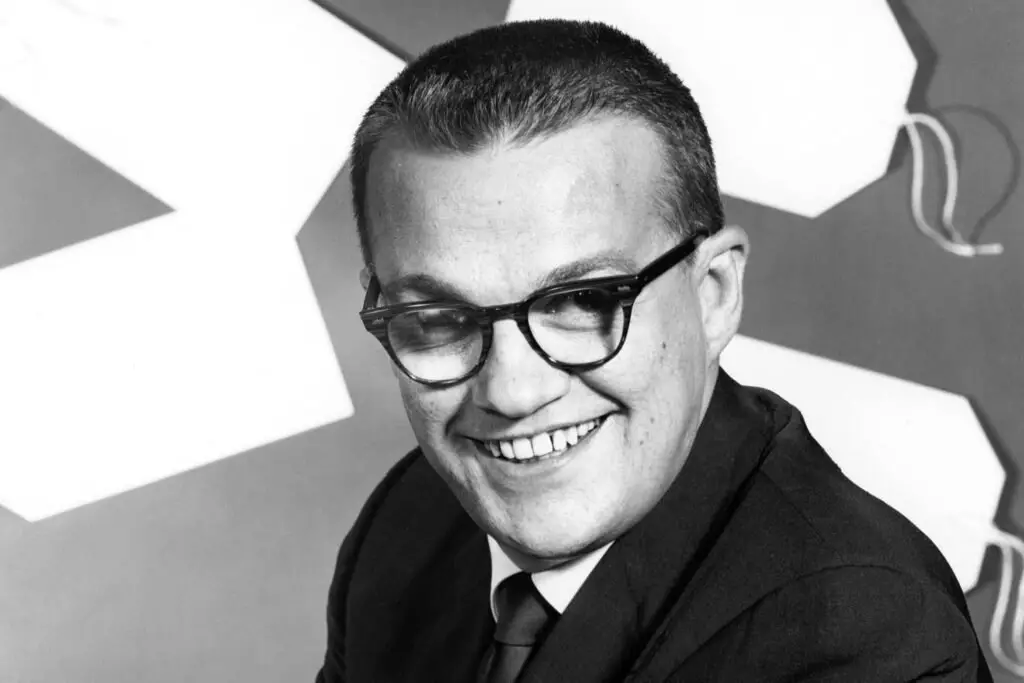
Bill Cullen was a game show giant, hosting dozens of programs, but he was especially known in the ’70s for shows like The $25,000 Pyramid and The Price Is Right. His affable style and quick wit made him one of the most reliable hosts of the era. Audiences trusted him instantly.
As the years went on, younger hosts began taking over, and Cullen’s visibility waned. He continued working into the ’80s but was no longer the household name he once was. His legacy, though quieter now, lives on in the DNA of modern game shows.
The ’70s gave us a wave of unforgettable TV hosts, each with their own flair, who kept us entertained day after day. Though their names may not dominate today’s conversations, they set the stage for the talk shows and game shows we still watch. For anyone who grew up in that era, remembering these faces is like revisiting old friends who once filled our homes with laughter and excitement.


